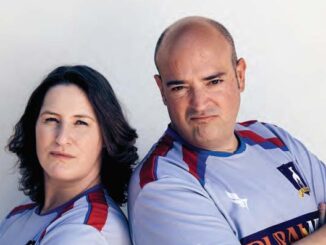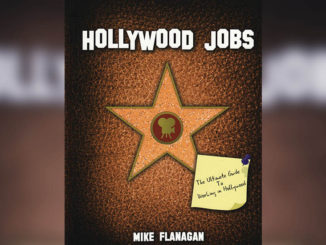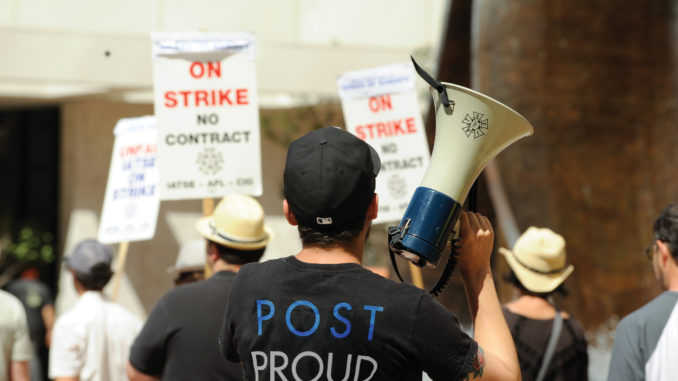
By Rob Callahan

Stop me if you’ve heard this one before: A crew of post-production professionals walk into a non-union employer. They are more or less happy with their jobs, but they realize those jobs would be even better if they were covered under a union contract. The post employees talk amongst themselves and decide that, as a unified group, they can improve upon the terms of employment that each of them had individually accepted. Collectively, they make demands of their employer.
In the wrangling that follows, they walk off the job for a short time. The community of Local 700 and IATSE brothers and sisters coalesces in support of them. After a while, the employees win and the employer agrees to sign a contract. Folks return to work with health and pension contributions, raises to scale, stronger overtime provisions, vacation and holiday pay, and all the other various advantages of an IATSE deal.
Okay, you probably have indeed heard that one before. If you regularly follow this column in CineMontage, you’ve read several versions of this scenario over the past few years. The names and the settings may change, but the story arc remains consistent: Folks band together; folks take a stand; folks win improvements at work. For the current iteration of this tale, you might dig out an earlier version of this story and loop in Last Comic Standing — NBC’s recently revived comedy-competition-reality show — in place of the employer’s name. The show’s editors and assistant editors shut down post-production on April 21, a month and a day before the season’s scheduled premiere, to win a union contract.
Even though the plot is predicated upon familiar elements, the story of the Last Comic Standing win — indeed, the story of each organizing victory — is unique. The fact that the set-up and delivery followed the same pattern as previous post-driven organizing campaigns in no way detracts from the individual acts of courage and commitment performed by this particular crew. Their story is no less heroic for its increasing familiarity. Such material stays fresh, no matter how many times we hear it.
As an organizer, I fall in love a little with each crew of folks who stand up to improve their jobs and to lift standards in our industry. At the risk of sounding like a rationalizing lothario, I don’t think that such loves are at all diminished by the fact that they’re not my first and won’t be my last. One thing that makes my affair with the editors and assistant editors of Last Comic Standing different from prior romances with other crews, though, is that the time we spent together was so brief.
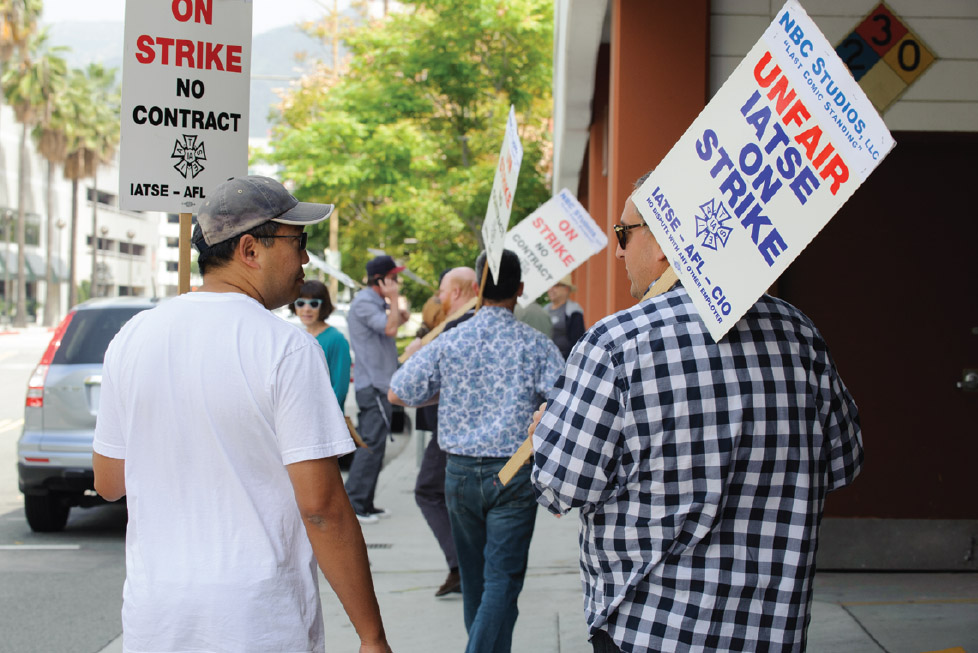
If the Last Comic Standing story resembles a number of other recent organizing efforts led by editorial teams — a post crew with cojones, a successful unscripted show, unusual circumstances that bar a conventional campaign involving coordinated action between production and editorial crews, a tight post schedule with looming airdates — it differs markedly in its pacing. This campaign moved with the frenzy of a music video aimed at an audience of ADD-addled adolescents; it made previous post-only strikes look like Tarkovsky on Quaaludes. Job actions that shut down both production and post-production usually sprint their course to a contract, often ending in a matter of hours.
Not necessarily so, though, when post goes it alone. Recent strikes involving just editorial crews walking off the job, without a work stoppage of the production crew, have generally run just shy of a week in duration. (Two such strikes last year, securing union agreements on Swamp People and Naked and Afraid, ran four days and six days, respectively.) The editors and assistants of Last Comic Standing secured their union contract after only a day and a half off the job. Some members, in fact, sent us e-mails kvetching that the strike was settled before they got a chance to come down to help walk the picket line. Such complaints about the strike’s brevity, of course, came from members who were not themselves part of the crew on strike.
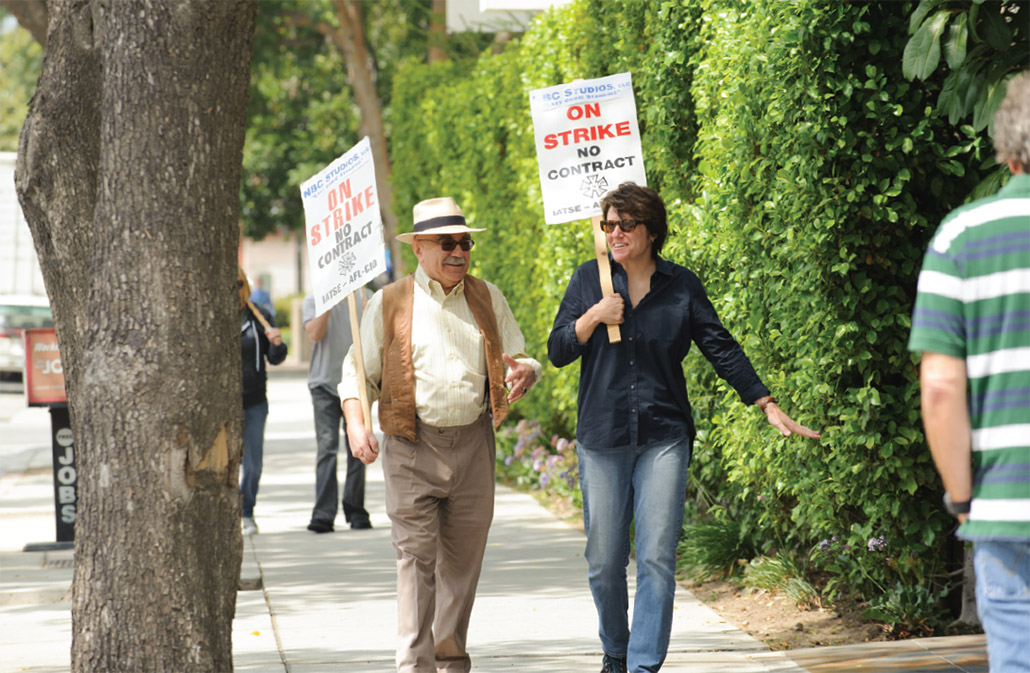
The strike to win a contract for Last Comic Standing, in fact, was so sudden and short that one might almost be forgiven for saying we “flipped” the show. Prominent among my pet peeves — and this brother has a kennel full of peeves — is the use, in the argot of our industry, of the word “flip” as an informal synonym for “organize.” I object to the term, and not merely because it seems to me that the role of organizer affords a modicum more dignity than the role of flipper.
As I’ve written in this space before, I don’t like that use of the verb because it connotes an action that is spontaneous and effortless, although organizing is neither. Even when it might appear quick and trouble-free to the casual observer, it takes significant preparation, strategy and sheer chutzpah to convince a non-union employer to sign a strong union contract. Connotations to the contrary notwithstanding, “flipping” ain’t easy.
The hard work that a seemingly effortless “flip” belies is, in fact, an ongoing project. That’s why you shouldn’t stop me if you’ve heard this one before — we’re not really just retelling an old story; we’re continuing it. Each victory builds upon previous wins and makes possible future successes. That’s not to say that the next strike will be shorter than Last Comic’s, and it’s certainly not to say that flipping will ever get easy. But it is to say that it’s worth it.



